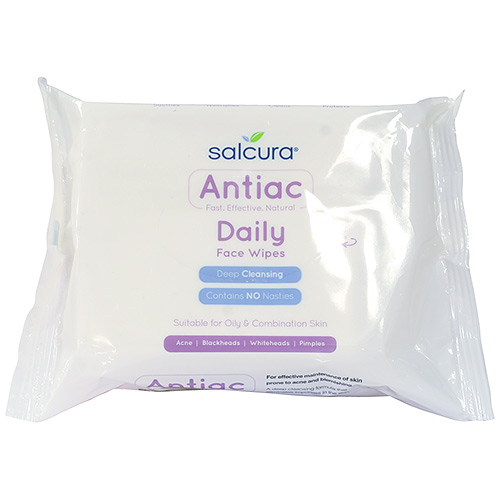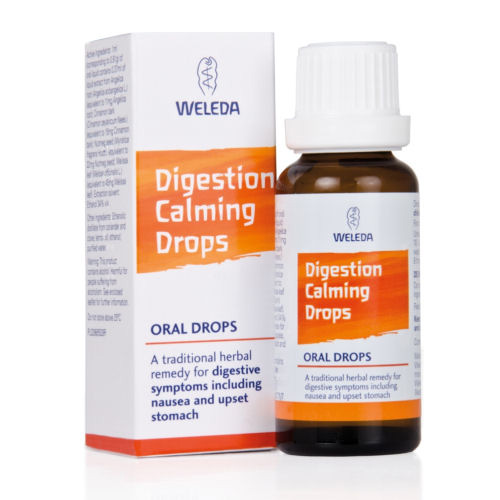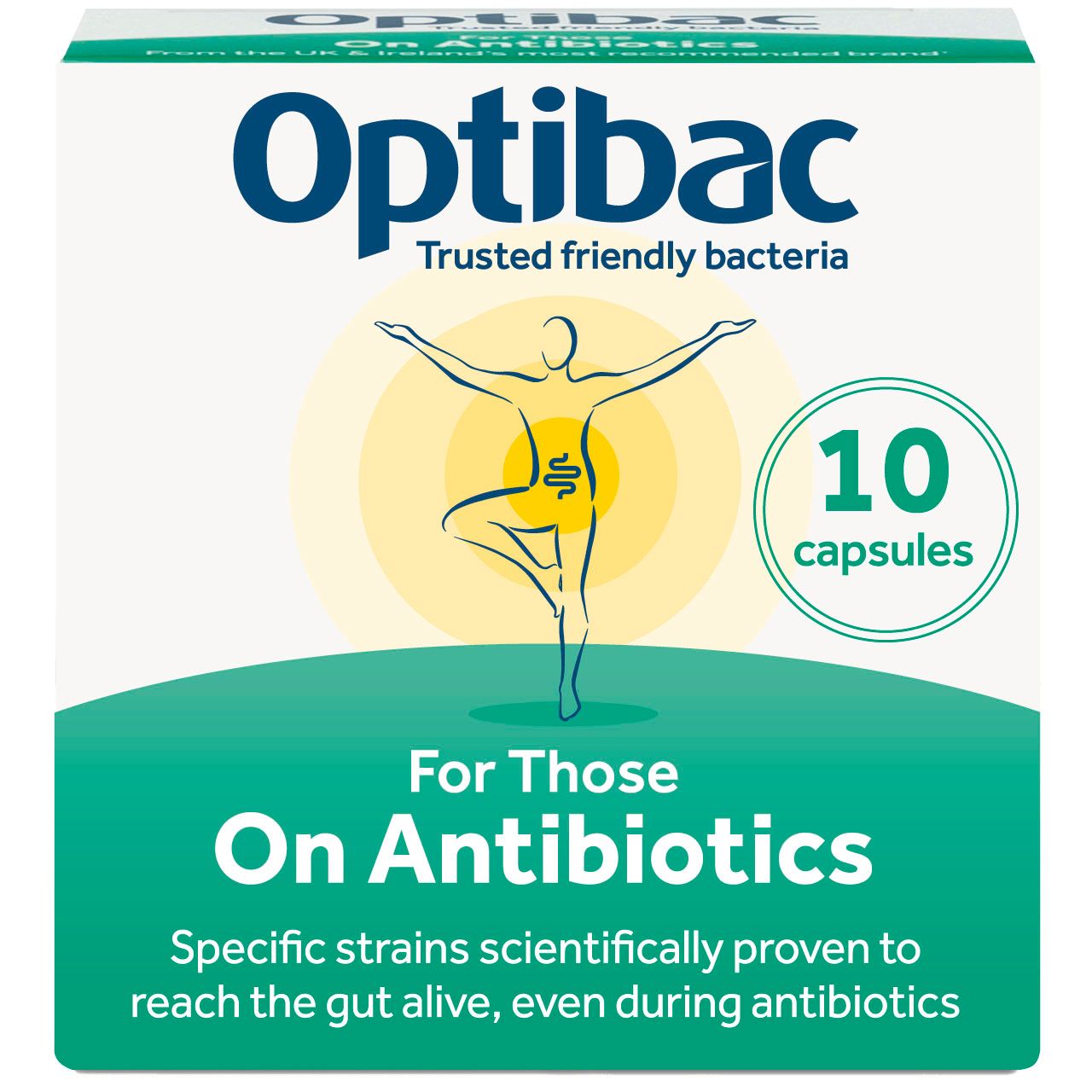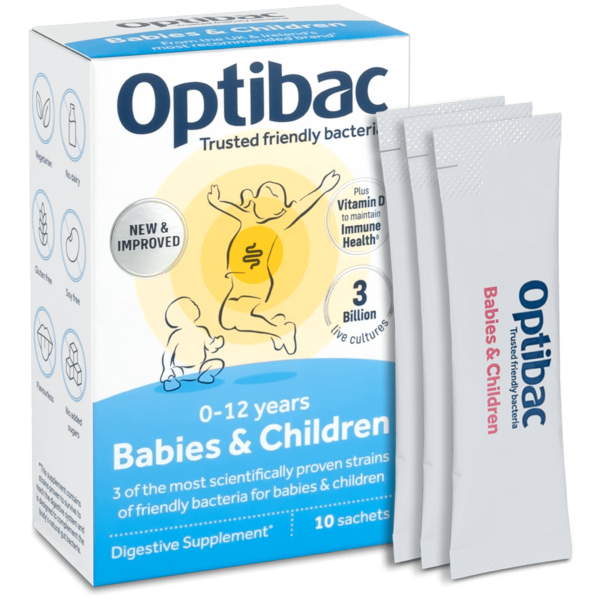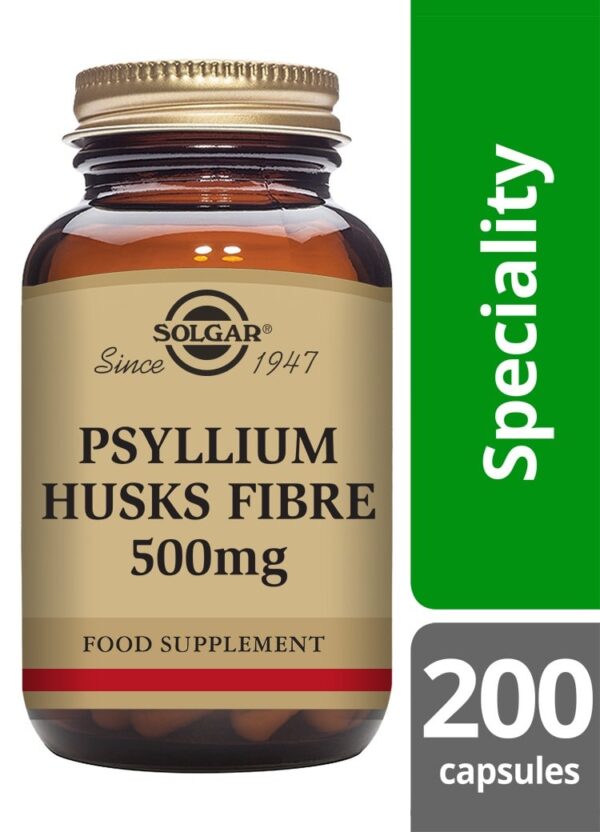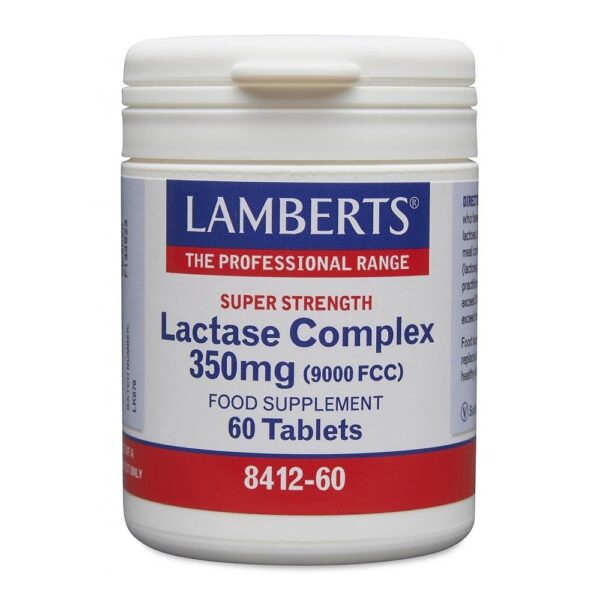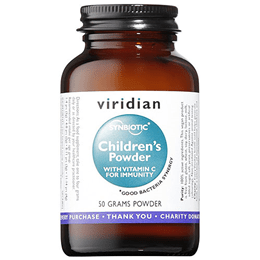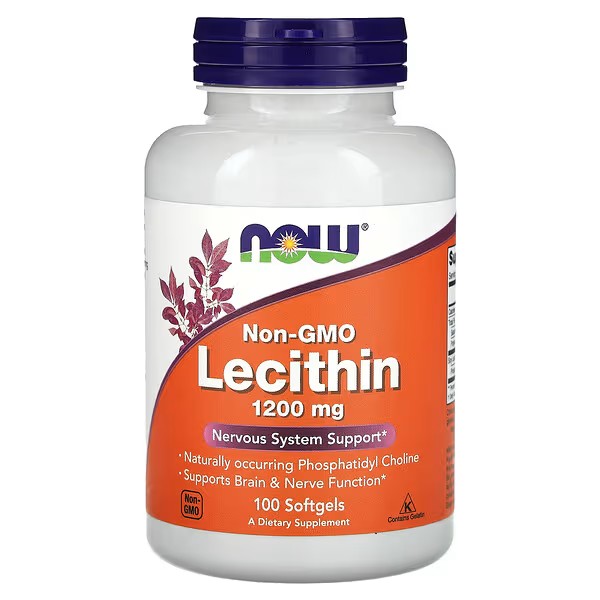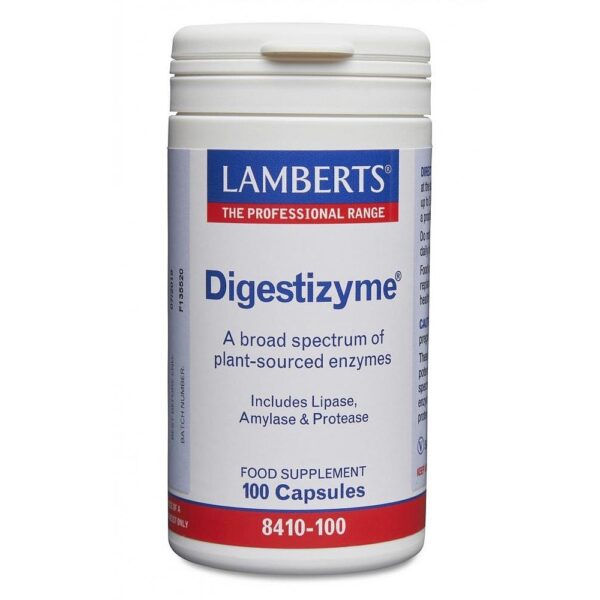Description
For Those On Antibiotics
OptiBac “For Those On Antibiotics” is a probiotic supplement specifically formulated to support gut health during and after a course of antibiotics. It typically contains a blend of different strains of beneficial bacteria, often including Lactobacilli and/or Bifidobacteria. The precise strains and their concentrations can vary depending on the specific OptiBac product.
Why Take Probiotics During/After Antibiotics?
Antibiotics are designed to kill bacteria, but they don’t discriminate between harmful and beneficial bacteria in your gut. This can disrupt the natural balance of your gut microbiome, leading to several potential problems:
-
Diarrhea: Antibiotic-associated diarrhea (AAD) is a common side effect.
-
Gut Dysbiosis: An imbalance in the gut microbiome can lead to an overgrowth of harmful bacteria (like Clostridium difficile, which can cause severe diarrhea and colitis).
-
Reduced Nutrient Absorption: A damaged gut microbiome can impair the absorption of essential nutrients.
-
Weakened Immune System: The gut microbiome plays a vital role in immune function, and its disruption can weaken your immune defenses.
-
Other Digestive Issues: Bloating, gas, and abdominal discomfort can also occur.
Key Features and Potential Benefits of OptiBac “For Those On Antibiotics”:
-
Restoration of Gut Microbiome Balance:
-
Repopulation of Beneficial Bacteria: The probiotic strains in OptiBac “For Those On Antibiotics” help to replenish the beneficial bacteria that are killed off by antibiotics.
-
Competitive Exclusion: Beneficial bacteria can compete with harmful bacteria for nutrients and attachment sites in the gut, helping to prevent the overgrowth of pathogens like C. difficile.
-
-
Reduction of Antibiotic-Associated Diarrhea (AAD):
-
Evidence-Based Strains: OptiBac “For Those On Antibiotics” usually contains strains that have been clinically shown to reduce the incidence and severity of AAD. Saccharomyces boulardii is a yeast probiotic sometimes included, which has good evidence for preventing AAD.
-
Improved Stool Consistency: Probiotics can help to normalize bowel movements and reduce watery stools.
-
-
Support for Immune Function:
-
Enhanced Immune Cell Activity: Probiotics can stimulate immune cells in the gut, helping to strengthen the immune system’s ability to fight off infections.
-
Reduced Inflammation: Some probiotic strains have anti-inflammatory properties that can help to reduce inflammation in the gut.
-
-
Improved Digestion and Nutrient Absorption:
-
Enhanced Digestive Enzyme Production: Some probiotic strains can produce digestive enzymes that help to break down food and improve nutrient absorption.
-
Reduced Gut Inflammation: By reducing inflammation in the gut, probiotics can improve the overall health and function of the digestive system.
-
-
Prevention of Clostridium difficile Infection:
-
Competitive Inhibition: Some probiotic strains can inhibit the growth and colonization of C. difficile, reducing the risk of C. difficile infection (CDI), a serious complication of antibiotic use.
-
Production of Antimicrobial Substances: Some probiotics produce substances that are toxic to C. difficile.
-
Specific Considerations for Using OptiBac “For Those On Antibiotics”:
-
Timing: It’s generally recommended to take the probiotic at a different time of day than the antibiotic (e.g., take the antibiotic in the morning and the probiotic in the evening) to minimize the risk of the antibiotic killing the probiotic bacteria. However, some sources suggest taking probiotics with the antibiotic as well can increase the benefit. Follow product instructions or consult your doctor.
-
Dosage: Follow the dosage instructions on the product label or as directed by your healthcare provider.
-
Duration: Continue taking the probiotic for at least a week or two after you finish your course of antibiotics to help restore your gut microbiome. Longer durations may be beneficial for some individuals.
-
Strain Specificity: Different probiotic strains have different effects. Choose a product that contains strains that have been clinically shown to be effective for preventing AAD and supporting gut health during antibiotic use.
-
Consult Your Doctor: If you have any underlying health conditions or are taking other medications, consult with your doctor before taking a probiotic supplement.
Who Might Benefit from OptiBac “For Those On Antibiotics”?
-
Anyone taking antibiotics, regardless of the reason.
-
Individuals who have a history of AAD.
-
People who are at increased risk of C. difficile infection (e.g., elderly individuals, hospitalized patients).
-
Individuals with weakened immune systems.
Important Notes:
-
Not a Replacement for Medical Care: Probiotics are not a substitute for antibiotics or other medical treatments. If you have a serious infection, you still need to take the prescribed antibiotics.
-
Potential Side Effects: Probiotics are generally considered safe, but some people may experience mild side effects such as gas, bloating, or abdominal discomfort, especially when first starting to take them.
-
Quality Matters: Choose a reputable brand of probiotics and store the product according to the manufacturer’s instructions to ensure its viability.
Disclaimer:
The information provided here is for general knowledge and informational purposes only, and does not constitute medical advice. It is essential to consult with a qualified healthcare professional for any health concerns or before making any decisions related to your health or treatment. They can assess your individual needs and provide personalized recommendations.

